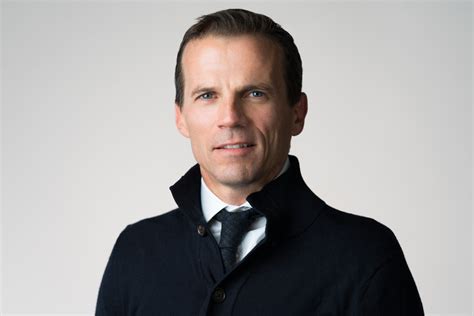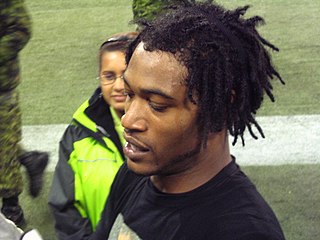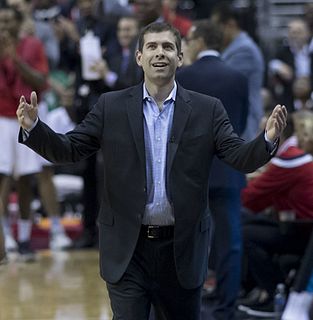A Quote by Chris Fussell
Most teams are naturally flat; they have fewer members than a large enterprise, which allows for intimacy and trust to form. This makes collaborative problem solving in individual teams more straightforward.
Related Quotes
The result is that a generation of physicists is growing up who have never exercised any particular degree of individual initiative, who have had no opportunity to experience its satisfactions or its possibilities, and who regard cooperative work in large teams as the normal thing. It is a natural corollary for them to feel that the objectives of these large teams must be something of large social significance.
Teams use trust as currency. If it is in short supply, then the team is poor. If trust abounds, the members of the team have purchase power with each other to access each others’ gifts, talents, energy, creativity, and love. The development of trust then becomes a significant leadership strategy. Trust creates the load limits on the relationship bridges among team members
What is wanted - whether this is admitted or not - is nothing less than a fundamental remolding, indeed weakening and abolition of the individual: one never tires of enumerating and indicating all that is evil and inimical, prodigal, costly, extravagant in the form individual existence has assumed hitherto, one hopes to manage more cheaply, more safely, more equitably, more uniformly if there exist only large bodies and their members.
One of the biggest mistakes large companies make is creating innovation teams that mirror all the functions of the core business. Those teams make no progress because they spent forever updating each other on what they are doing versus really crushing the most critical problems they need to address.



































